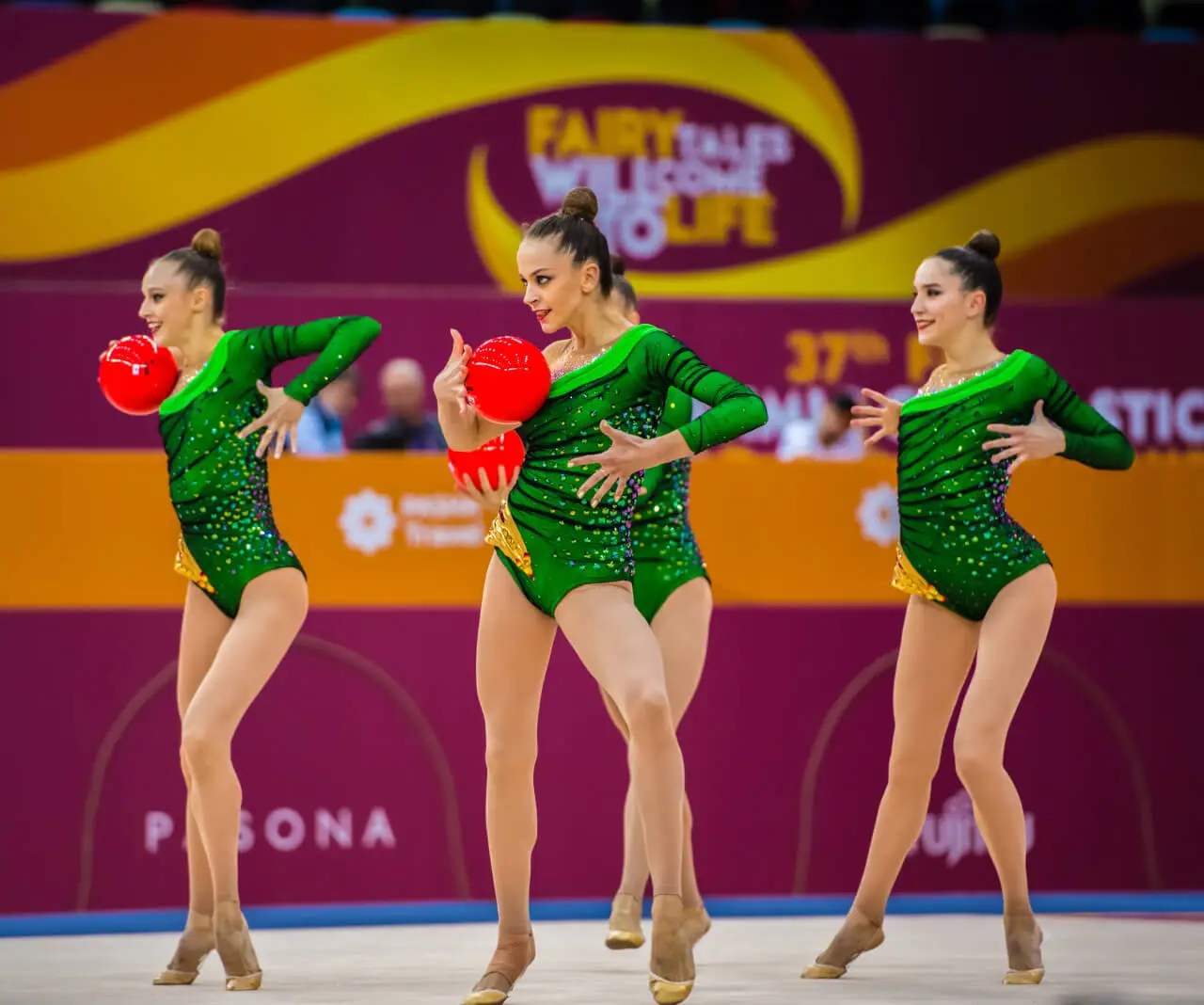Sports nutrition plays a crucial role in the performance and success of athletes in the Olympics. Proper nutrition is essential for optimizing training, enhancing recovery, and maximizing athletic performance. Athletes participating in the Olympics follow specific dietary strategies to fuel their bodies and meet the demands of their respective sports.
Here are some key aspects of sports nutrition that are relevant to the Olympics:
1.Energy requirements: Olympic athletes have high energy demands due to the intensity and duration of their training sessions. They need to consume sufficient calories to meet their energy needs and support their training and competition schedules.
2. Macronutrients: Athletes focus on consuming adequate amounts of carbohydrates, proteins, and fats. Carbohydrates provide the primary fuel source for intense exercise, while proteins support muscle repair and recovery. Healthy fats are important for overall health and can contribute to energy production during prolonged endurance events.
3. Hydration: Proper hydration is crucial for athletes to maintain optimal performance and prevent dehydration. Athletes participating in the Olympics pay close attention to their fluid intake and may have specific hydration strategies tailored to their sport and environmental conditions.
4. Timing of meals: Olympic athletes carefully plan their meals and snacks around training sessions and competitions. They consider the timing of nutrient intake to optimize energy levels, promote recovery, and avoid digestive discomfort during exercise.
5. Nutrient timing: Nutrient timing refers to the strategic intake of specific nutrients (such as carbohydrates and proteins) before, during, and after exercise. Athletes may consume pre-exercise meals or snacks to maximize energy availability, use sports drinks or gels during training or competition for quick energy, and consume post-exercise meals or supplements to promote muscle recovery.
6. Sports supplements: While food should be the primary source of nutrients, some athletes may use sports supplements to complement their diet. These supplements can include protein powders, energy gels, electrolyte drinks, and vitamins/minerals. However, it’s important for athletes to be cautious and consult with sports nutrition professionals to ensure the safety and legality of any supplements they consider using.
7. Individualization: Sports nutrition is highly individualized, taking into account an athlete’s specific sport, training program, body composition, and individual needs. Olympic athletes often work closely with registered dietitians or sports nutritionists to develop personalized nutrition plans tailored to their goals and requirements.
It’s important to note that the field of sports nutrition is continually evolving, and there may be updated guidelines and recommendations beyond my knowledge cutoff.
For the most up-to-date information on sports nutrition and the Olympics, referring to official sources such as the International Olympic Committee (IOC) or consulting with a qualified sports nutrition professional would be advisable.
Useful resources for you:
- IOC consensus statement: dietary supplements and the high-performance athlete https://bjsm.bmj.com/content/bjsports/52/7/439.full.pdf
- NUTRITION FOR ATHLETES : A PRACTICAL GUIDE TO EATING FOR HEALTH AND PERFORMANCE. Prepared by the Nutrition Working Group of the Medical and Scientific Commission of the International Olympic Committee. Based on an International Consensus Conference held at the IOC in Lausanne in October 2010 and updated in April 2012 https://library.olympics.com/Default/doc/SYRACUSE/74010/nutrition-for-athletes-a-practical-guide-to-eating-for-health-and-performance-based-on-an-internatio?_lg=en-GB
- NUTRITION FOR ATHLETES : A PRACTICAL GUIDE TO EATING FOR HEALTH AND PERFORMANCE. Prepared by the Nutrition Working Group of the Medical and Scientific Commission of the International Olympic Committee. Based on an International Consensus Conference held at the IOC in Lausanne in October 2010,revised and updated in June 2016
- https://www.scribd.com/document/428031573/Nutrition-for-Athletes#

